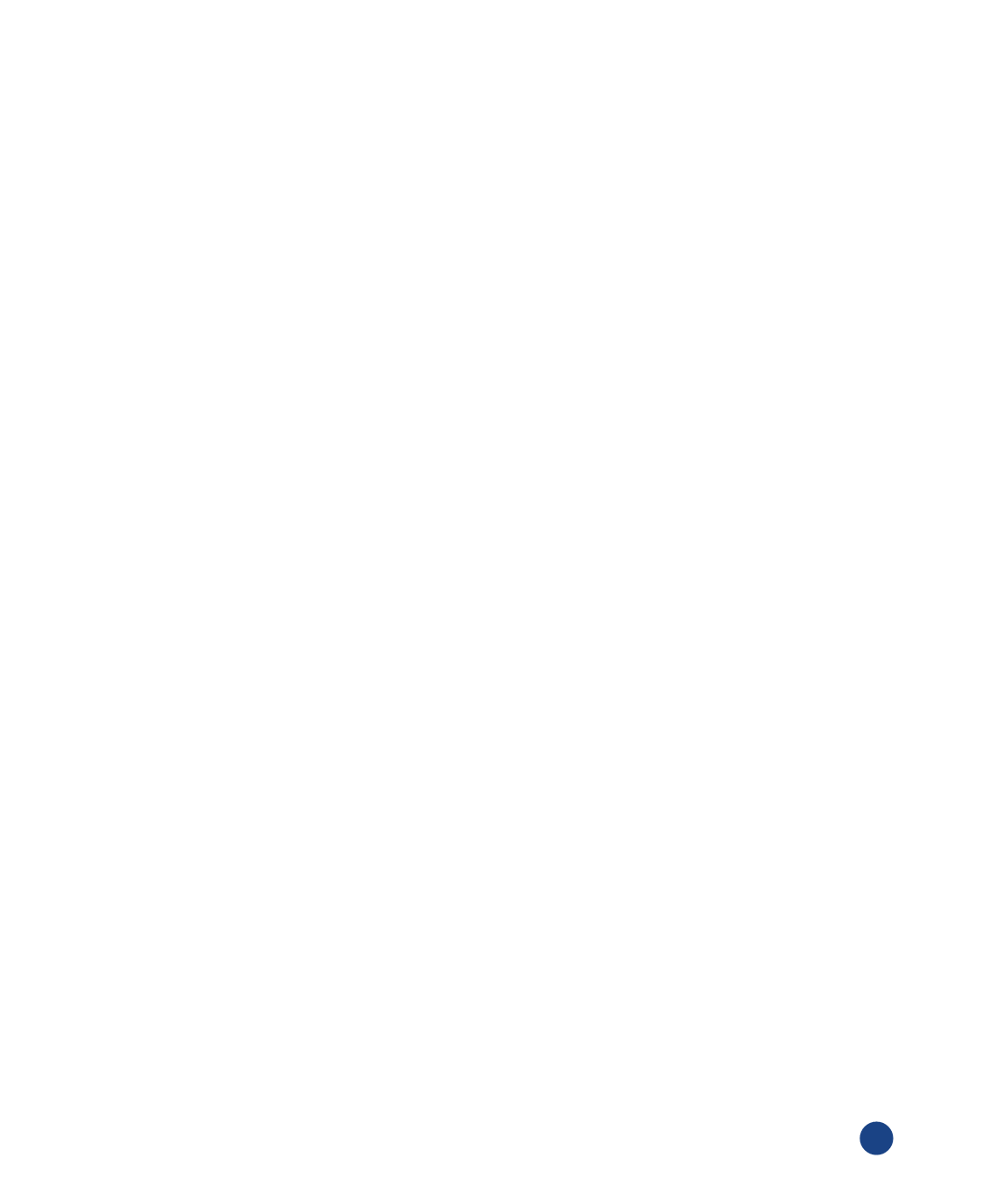

91
BUSINESS SECTORS
wholesome solutions, which thus extends to
Halal food, Halal travel and tourism, modest
fashion, Halal media and recreation, Halal
pharmaceuticals, Islamic finance, logistics and
any other aspects. The possibilities are vast.
The country is also in a position to recognise the
needs of the Muslim community and consumers
seeking moral alternatives and develop products
and services to fulfill gaps in the current market.
In November 2019, the Brunei Halal Showcase
(BruHas) was launched with the theme ‘Leading
the Halal economy in BIMP-EAGA’. At the
opening ceremony of BruHas 2019, Minister
of Energy Dato Seri Setia Dr Awang Haji Mat
Suny bin Haji Mohd Hussein said that the
ministry encourages micro, small and medium
enterprises (MSMEs) to collaborate with large
companies and even those from overseas with
an opportunity to gain support and access into
local and regional distribution networks.
The minister highlighted that the emerging
Fourth Industrial Revolution poses both new
challenges and opportunities for Halal business,
particularly in food manufacturing. In this
regard, the Ministry of Energy is working closely
with the Ministry of Religious Affairs (MoRA)
and other key stakeholders to ensure the Halal
industry remains cognizant of changing times.
At the same time, its enhanced connectivity
through digitalisation means the reach of
Brunei’s products and services has grown.
The minister then shared that the Halal industry
in Brunei has continued to improve and noted
that the country is currently ranked among the
top 15 out of 73 countries according to Thomson
Reuters’ Global Economic Economy Report for
2018-2019. The country’s Halal Food sector
is ranked seventh while its Halal Media and
Recreation sector is ranked 10
th
and the Halal
Pharmaceutical and Cosmetics is ranked sixth.
With regards to the government’s commitment
in improving the ease of doing business in Brunei
as a whole, the Ministry of Energy is constantly
seeking to improve the business eco-system
for the Halal sector. This is intended to provide
a conducive environment for business growth,
while ensuring a high level of trustworthiness
that comes with this sector.
In further supporting the industry, Brunei has
made an amendment to the Halal Certificate
and Halal Label order (Amended) 2017 by
broadening the scope of Halal certification
to include non-oral medicinal products,
cosmetic products as well as those for usage
and services.
As of October 2019, a total of 8,889 permits
had been issued by the Brunei Islamic Religious
Council (MUIB), of which five per cent were for
products outside Brunei.
The minister noted that, in addition to
benefitting the existing ecosystem and
commitment form the government to enhancing
Halal and Islamic sectors, Brunei is attractive
in a number of ways for potential investors
seeking a base within the region. For example,
Brunei is in proximity to ASEAN’s major Halal
markets, namely Malaysia, Indonesia and
Singapore. The trustworthiness and control of
the Brunei Halal Certification and Permits also
provide assurance to consumers.
In addition, the corporate income tax in Brunei
stands at 18.5 per cent, which is the second
lowest in the ASEAN region. The lack of
personal income tax, value-added tax, as well
as goods as services tax further exemplifies
the benefits of tapping into the Halal sector in
Brunei. Also available are competitively priced
industrial sites for operations.
It is hoped that more foreign direct investments
(FDIs) will be seen in the field of Halal products
and services and that more partnerships can
be forged between FDI companies and local
MSMEs, as there is a vibrant and growing Halal
Industry here.
The minister highlighted that the Halal sector
is a potential source of employment and also
a prime opportunity for budding entrepreneurs
seeking to serve a social need. It is the
country’s aspiration that Brunei’s Halal and
Islamic sector rises to become a leader in the
global Halal Industry with an export-oriented
outlook to reach the regional and even global
Halal industrial network.
This effort, he added, will require a whole-of-
nation approach with close and active collab-
oration among ministries, agencies the private
sector, academic and research institutions.
With the potential to be a Halal hub in the
region, Brunei’s reputation for strong Islamic
traditions and governance further strengthens
its credibility in the Halal Industry. In addition,
by the year 2025, the global Halal food industry
is expected to be worth USD2.1 trillion.









